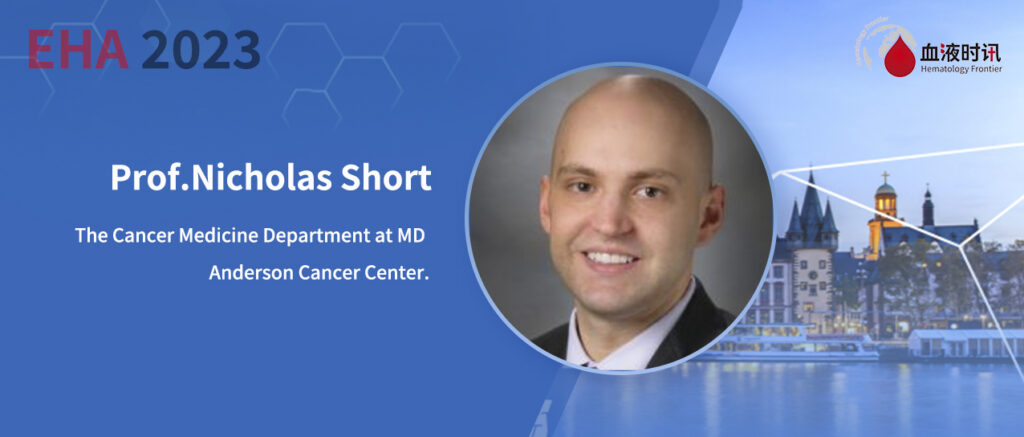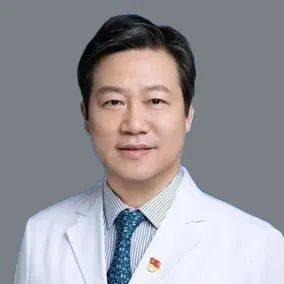Dr. Nicholas Short: The Latest Therapeutic Advances in Acute Lymphoblastic Leukemia
Abstract: Dr. Nicholas Short delves into the forefront of advancements in the treatment of Acute Lymphoblastic Leukemia (ALL) at the EHA Congress 2023. He discusses the evolution of therapeutic strategies, particularly in B cell ALL, where various agents like blinatumomab, inotuzumab ozogamicin, and CD19 CAR T cell products have demonstrated notable efficacy. Notably, the focus on Philadelphia Chromosome-positive ALL introduces potent tyrosine kinase inhibitors like ponatinib, exhibiting promising outcomes surpassing earlier treatments. Further, Dr. Short presents compelling insights into an ongoing study exploring a chemotherapy-free regimen using ponatinib and blinatumomab for newly diagnosed Ph-positive ALL patients. This regimen showcases high response rates and deep molecular responses, potentially redefining the standard of care without the necessity of transplantation in initial remission. Additionally, he emphasizes the emergence of CAR-T cell therapies targeting T cell ALL, addressing a longstanding therapeutic gap. These advances herald promising directions in the ALL landscape, presenting novel possibilities for improved treatment modalities.


